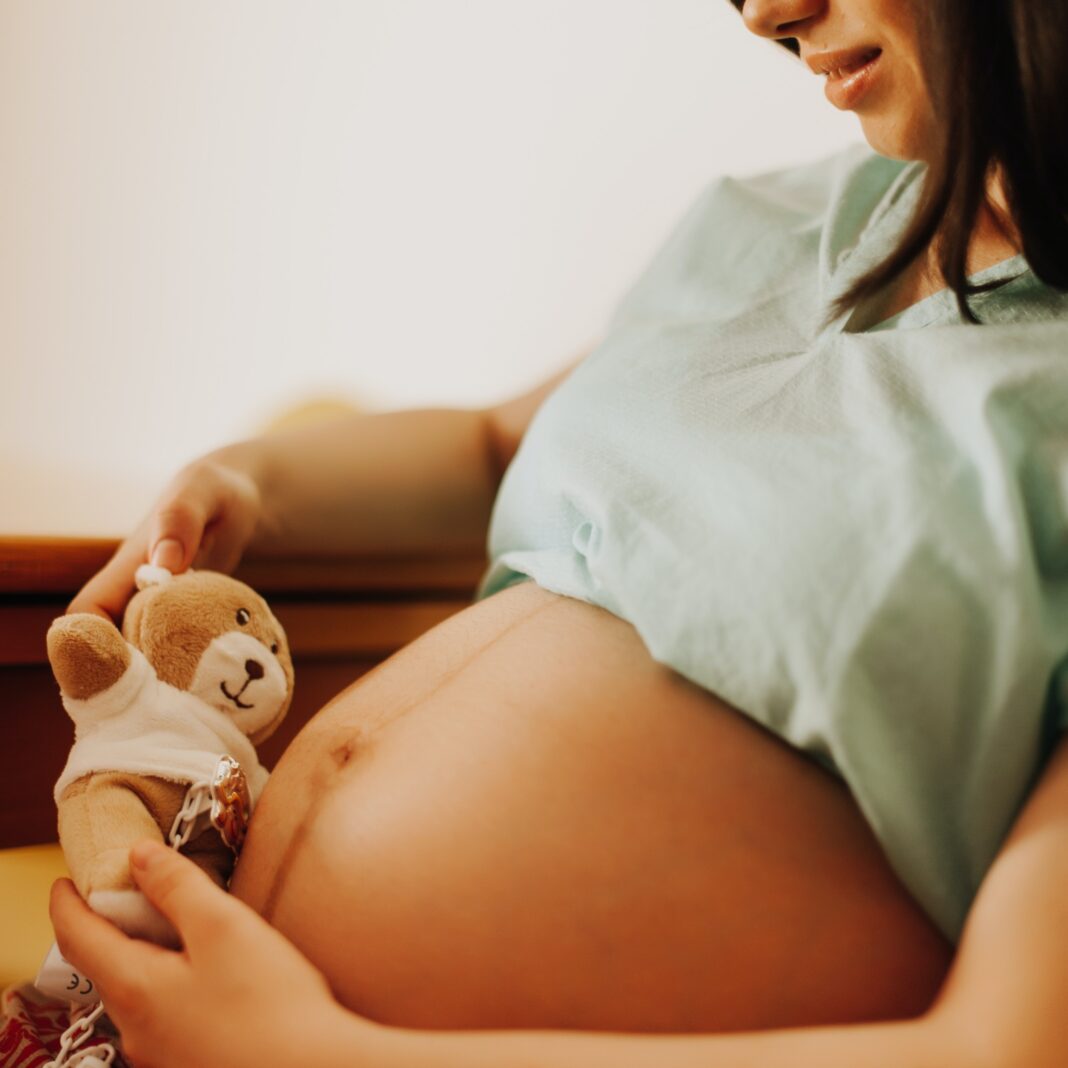In the realm of assisted reproduction, the Anti-Müllerian hormone (AMH) is frequently employed as the gold standard for evaluating women’s ovarian reserves. Additionally, AMH can be a helpful marker for anticipating the ovarian response to controlled ovarian stimulation, cycle cancellation, and menopause timing. However, reports regarding the findings on the prognostic factor of AMH for clinical pregnancy and live birth in assisted reproduction are contentious. This might be due to the presence of several confounding factors like quality and quantity of the embryo transferred rate and age of the females.
A study published in BioMed Central, a part of Springer Nature showed that AMH should not be used as a marker among Women at Advanced Age (WAA) for predicting the quality of oocytes as they have a limited role in ascertaining the potential of embryo development both in-vitro and in-vivo reproduction. This study supported the idea of numerous egg retrievals to increase the probability of accumulating top-quality embryos for facilitating successful pregnancy in WAA.
Xiuliang Dai Xiuliang Dai et al conducted a retrospective study to understand the relationship between AMH concentration and oocyte quality. The WAA (= > 37 years) who are undergoing in-vitro fertilization (IVF)/ embryo transfer (ET) and, Intracytoplasmic sperm injection (ICSI), were divided into two groups, AMH high group (H) and AMH low group (L).
The results showed that women in the L group reported a high primary diagnosis rate of diminished ovarian reserve (DOR) and high basal follicle-stimulating hormone (FSH), the hormone that stimulates the growth of the eggs in the ovaries. However, they had low antral follicle count (AFC) and reduced embryo formation. AFC is the resting follicle that appears as a small fluid-filled sac containing immature eggs. It is measured by a transvaginal scan (TVS).
Nevertheless, they reported the same rate of fertilization and blastocyst formation as women in the H group. Both groups encountered similar implantation rates, spontaneous miscarriage rates, and live birth. However, the probability of conceiving and sustaining pregnancy was lower in the L group.
The overall results indicated that the level of AMH was not associated with the process of fertilization and implantation in WAA.
Healthy babies and in-fertility therapies
A healthy baby is a prime goal for couples who are undergoing in-fertility therapies. Thus, the embryo that finally develops into a healthy child is the hallmark of the quality of oocytes. In this study, a higher rate of successful embryo transfer was associated with high implantation rates, promising successful chances of live births. The findings of this research will act as a ray of hope for aged women willing to have a baby.
Women at Advance Age with low AMH are the most complex cases for infertility specialists. Gynecologists have very low expectations about the success of pregnancy with this group and this indirectly erodes the confidence of the patients. This scientific work indicated that low AMH will not hamper the probability of having successful implantation provided the best quality embryos are retrieved by multiple oocyte retrieval events for successful fertilization and subsequent implantation.
References
Broer, S. L., Broekmans, F. J., Laven, J. S. & Fauser, B. C. Anti-Mullerian hormone: ovarian reserve testing and its potential clinical implications. Hum. Reprod. Update 20, 688–701. https://doi.org/10.1093/humupd/dmu020 (2014).
Grisendi, V. & La Marca, A. Individualization of controlled ovarian stimulation in vitro fertilization using ovarian reserve markers. Minerva Ginecol. 69, 250–258. https://doi.org/10.23736/S0026-4784.17.04044-8 (2017).
Kruszynska, A. & Slowinska-Srzednicka, J. Anti-Mullerian hormone (AMH) as a good predictor of time of menopause. Prz Menopauzalny 16, 47–50. https://doi.org/10.5114/pm.2017.68591 (2017).
Cimadomo, D. et al. Impact of maternal age on oocyte and embryo competence. Front. Endocrinol. 9, 327. https://doi.org/10.3389/fendo.2018.00327 (2018).
Dai, X., Wang, Y., Yang, H., Gao, T., Yu, C., Cao, F., … & Chen, L.. AMH has no role in predicting oocyte quality in women with advanced age undergoing IVF/ICSI cycles. Scientific Reports, 10(1), 19750. https://doi.org/10.1038/s41598-020-76543-y (2020)
Image credit: Gianni Scognamiglio en Unsplash





